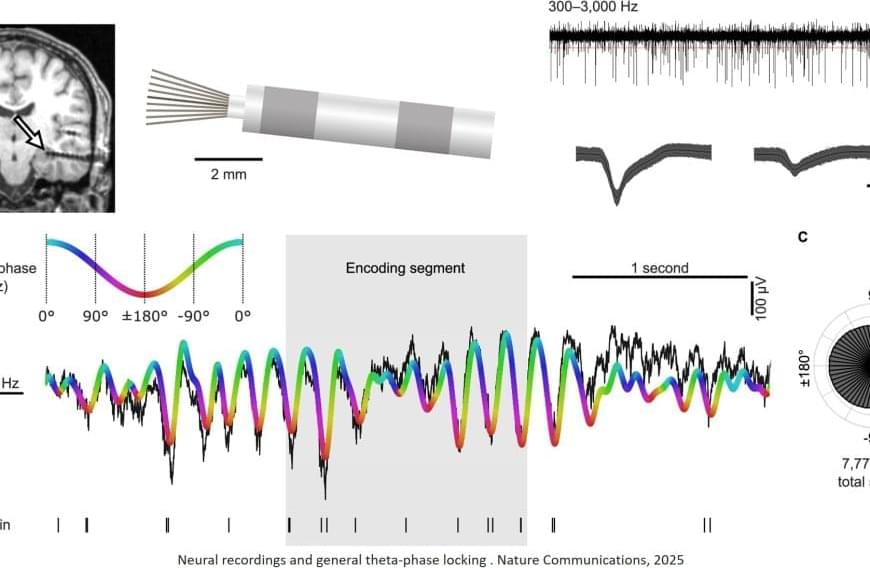Creativity is the ability to generate original, useful, and meaningful ideas or solutions by combining imagination with knowledge and experience. It involves flexible, divergent thinking and seeing connections that others might overlook.
Artistic creativity refers to expressing ideas, emotions, or concepts through mediums such as painting, music, writing, or performance, emphasizing aesthetic and emotional impact.
Scientific creativity, on the other hand, involves problem-solving, hypothesis generation, and innovative experimentation that can advance knowledge or technology.
The Different Relationships Between Mobile Phone Dependence and Adolescents’ Scientific and Artistic Creativity: Self-Esteem and Creative Identity as Mediators.
Creativity is an essential skill that is at the heart of 21st-century education. Mobile phone use occupies considerable amounts of time in people’s lives and may influence creativity. However, few studies have linked mobile phone dependence (MPD) to adolescents’ domain-specific creativity (science and art). This study investigated the relationship between MPD and the scientific and artistic creativity of 2,922 adolescents (10–15 years old) by using the Test of Mobile Phone Dependence, the Middle School Students’ Everyday Creativity Questionnaire, the Rosenberg Self-Esteem Scale, and the Short Scale of Creative Self, all self-reported measures. Specifically, linear regression analysis and segmented regression analysis were conducted to explore the relationships between MPD and scientific and artistic creativity.





